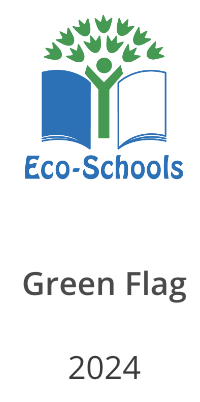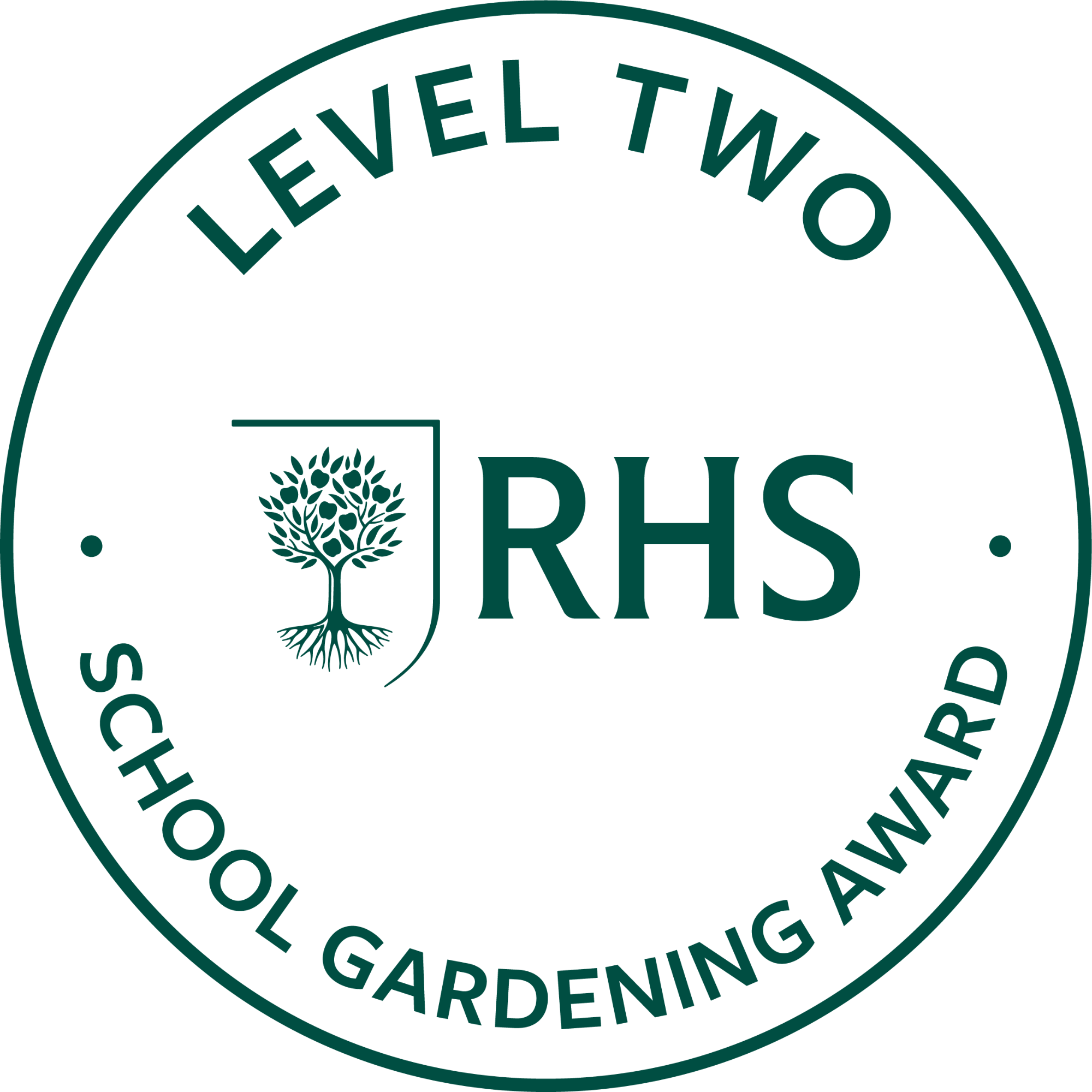Maths
Intent
At St Clement’s we use a mastery approach for teaching Maths. Mastering maths means pupils acquiring a deep, long-term, secure and adaptable understanding of the subject. We strive to ensure that mathematics work is meaningful and purposeful. We wish pupils to feel confident and competent when using mathematics, to enable them to make sense of the world and to solve real-life problems.
By the end of KS2, all children at St Clement's Primary School will be fluent in the fundamentals of Maths and will have developed the necessary oracy, reasoning and problem-solving skills required to be a mathematical thinker ready for the next stage of their education.
Implementation
At St Clement’s Maths is taught on a daily basis following the White Rose scheme to ensure progression, coverage and depth of knowledge for all children. Lessons are enhanced and supported by additional resources such as the NCETM, Mastering Number.
In Reception class, we use NCETM Mastering Number. Children have the opportunity to work with number and shape, space and measure. We aim to provide engaging indoor and outdoor learning experiences, to develop confidence and secure knowledge and understanding across all areas of the mathematics curriculum.
White Rose Maths
The White Rose Maths Mastery approach uses a Concrete, Pictorial and Abstract approach, which is fundamental to helping children build mental images in their heads and fully understand concepts and spot patterns easily. Learning is consolidated to ensure progression, coverage and depth of knowledge across the school.
Concrete representation: a pupil is first introduced to an idea or skill by acting it out with real objects. This is a ‘hands-on’ component using real objects and is a foundation for conceptual understanding.
Pictorial representation: a pupil has sufficiently understood the ‘hands-on’ experiences performed and can now relate them to representations, such as a diagram or picture of the problem.
Abstract representation: a pupil is now capable of representing problems by using mathematical notation, for example, 12 x 2 = 24. It is important that conceptual understanding, supported by the use of representation, is secure for all procedures. Reinforcement is achieved by going back and forth between these representations.
White Rose provides a spiral curriculum of ‘Blocks’ of learning for the whole year. Using small steps in learning ensures opportunities for knowledge retrieval, clear progression, modelling and adaptive teaching to support all learners to flourish in fundamental mathematical skills.
Each ‘Small Step’ incorporates valuable support for teachers, including:
- ‘Notes and Guidance’ which outline where the Small Steps sit in relation to prior and future years’ learning, supporting pitch and expectation;
- ‘Mathematical Talk’ which provides prompt questions to support children to explain their thinking and highlight misconceptions;
- ‘Varied Fluency’, which enables children to meet concepts in a variety of ways;
- ‘Reasoning & Problem-Solving’ which offers opportunities to apply the small steps of learning in new contexts.
Manipulatives are used to explain ideas and model techniques, and are available in every lesson, providing a supportive scaffold for any learner. When children have mastered a concept, they are given opportunities to deepen their understanding through reasoning, problem-solving and investigative challenges. Children may receive additional support where necessary. In addition, we offer opportunities for children to take part in investigations and competitions.
A range of formal and informal assessments are carried out by teachers to ensure that each child progresses at their own rate.
White Rose Calculation Policy 2024
Mastering Number
Alongside White Rose Maths, we use Mastering Number to build fluency. Children from Reception to Year 5 have 4 short weekly sessions to build fluency in calculation and flexibility with number. This programme ensures that children enter KS2 fluent in addition and subtraction facts within 20, which enables them to meet written methods for calculation with confidence.
From mid-Year 3, fluency practice focusses on times tables facts, building on KS1 multiplicative understanding and counting in steps, towards fluent recall of all facts up to 12x12, in preparation for the Year 4 Multiplication Times Tables Check






